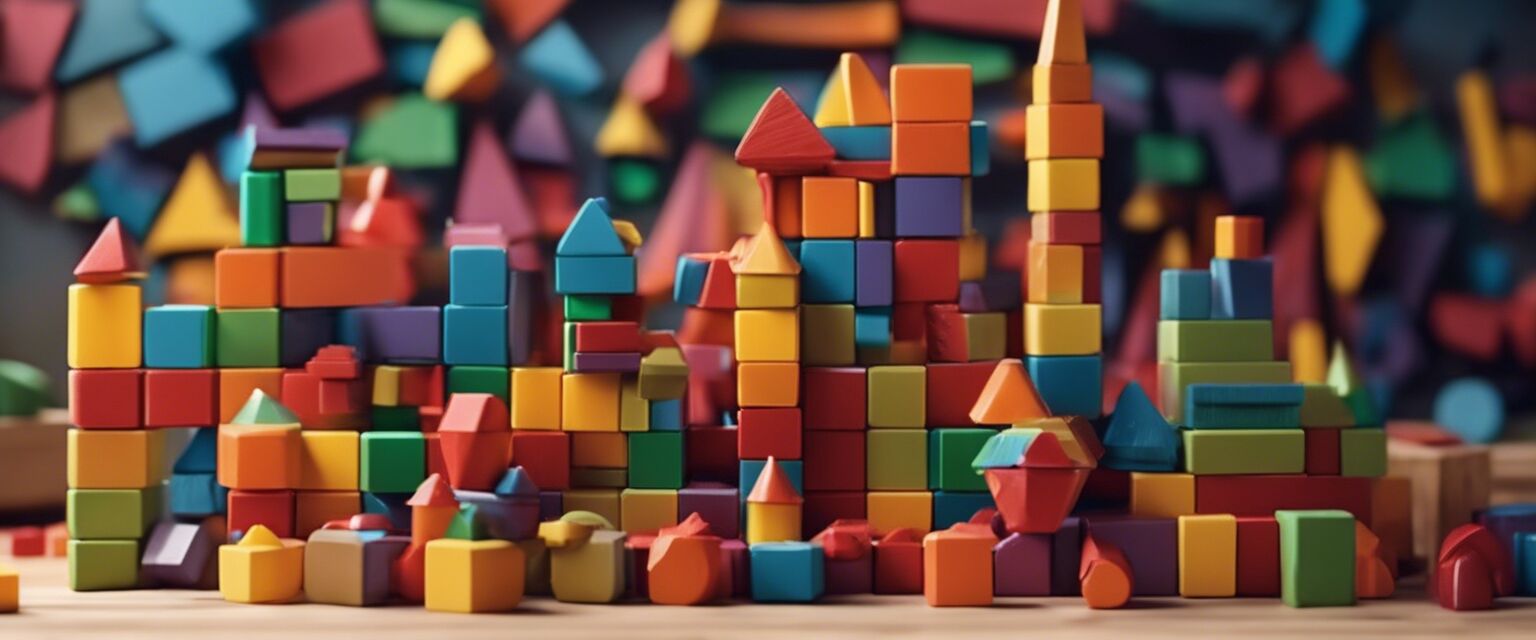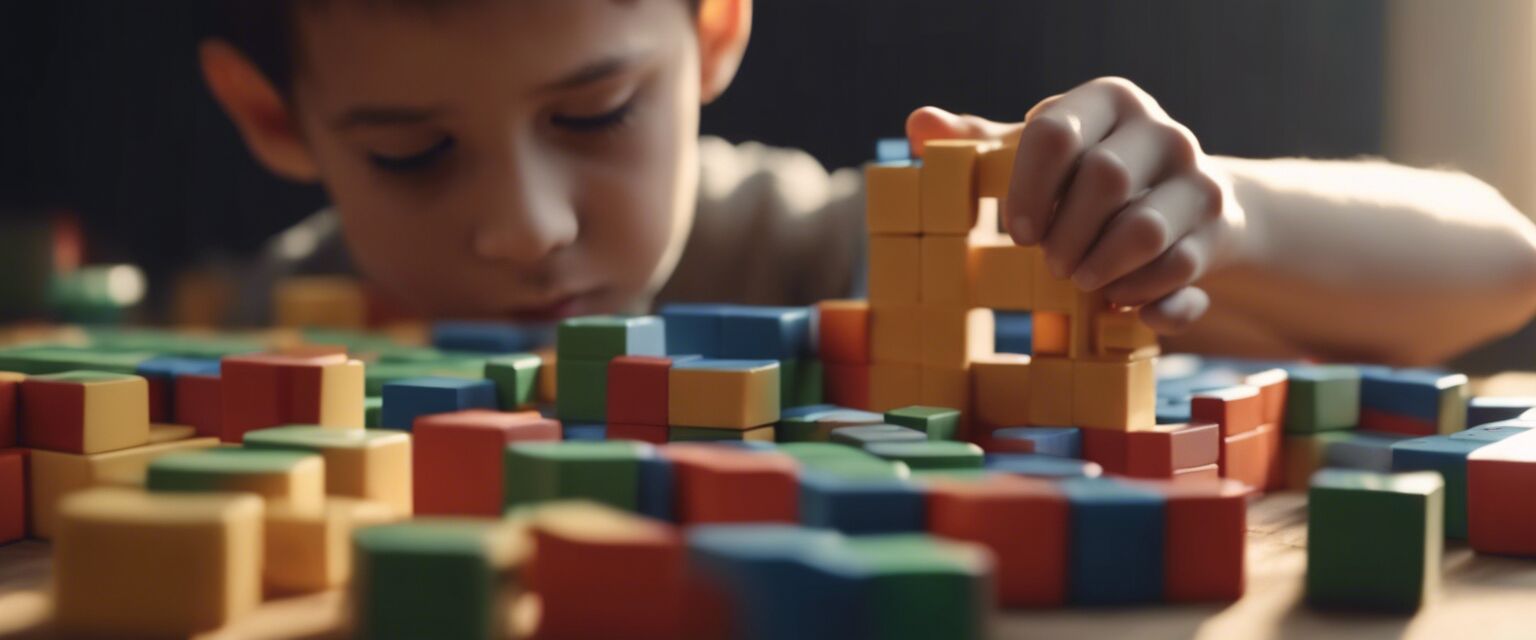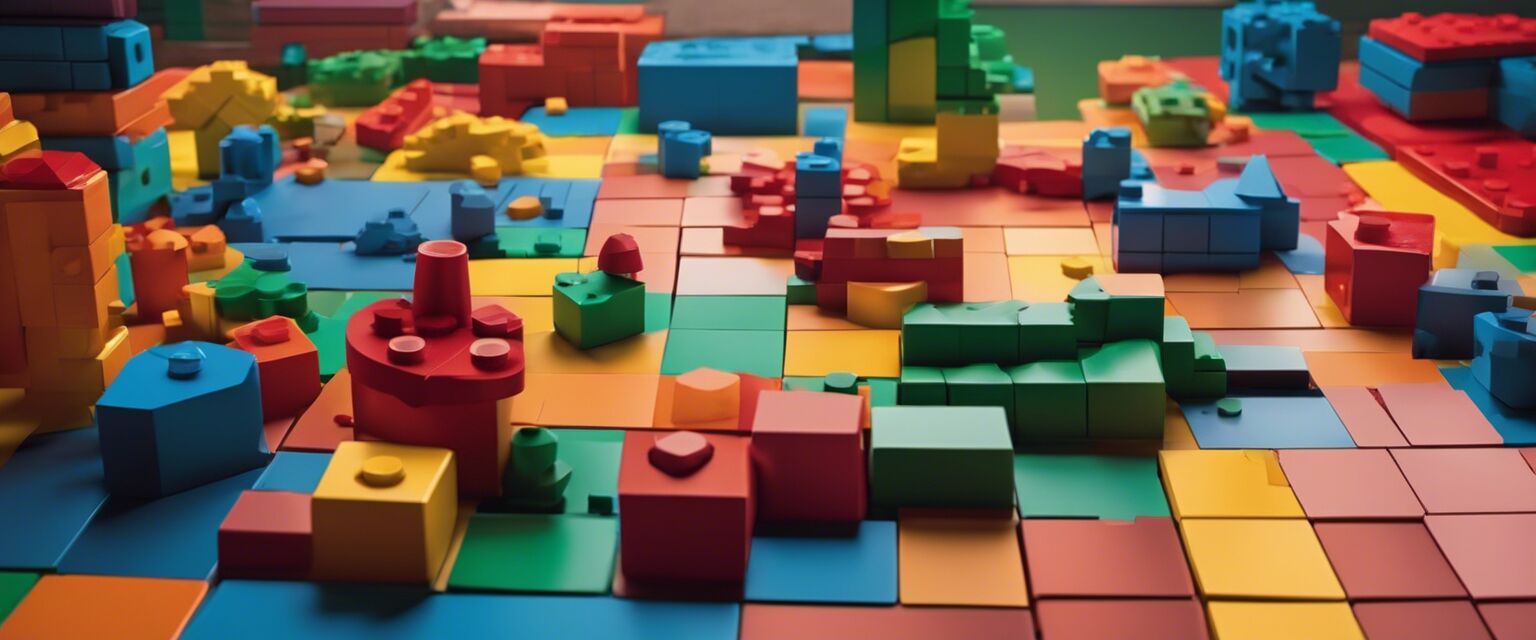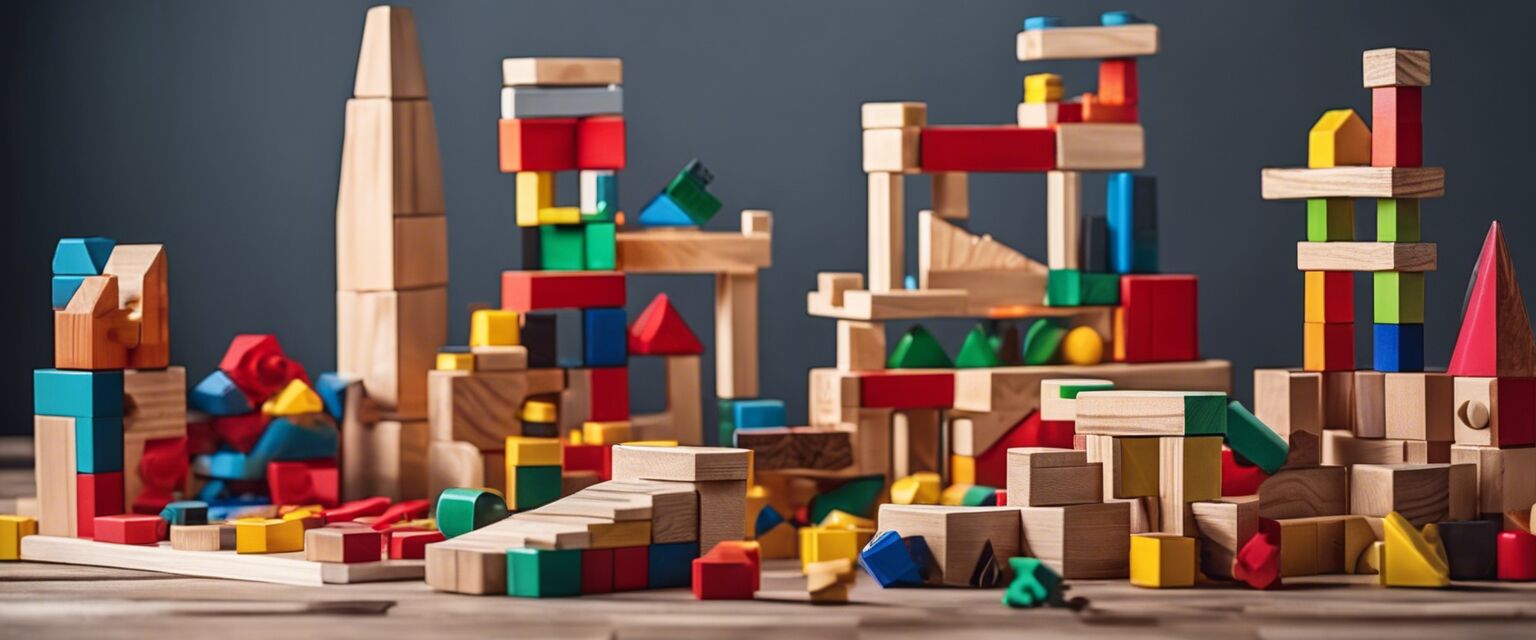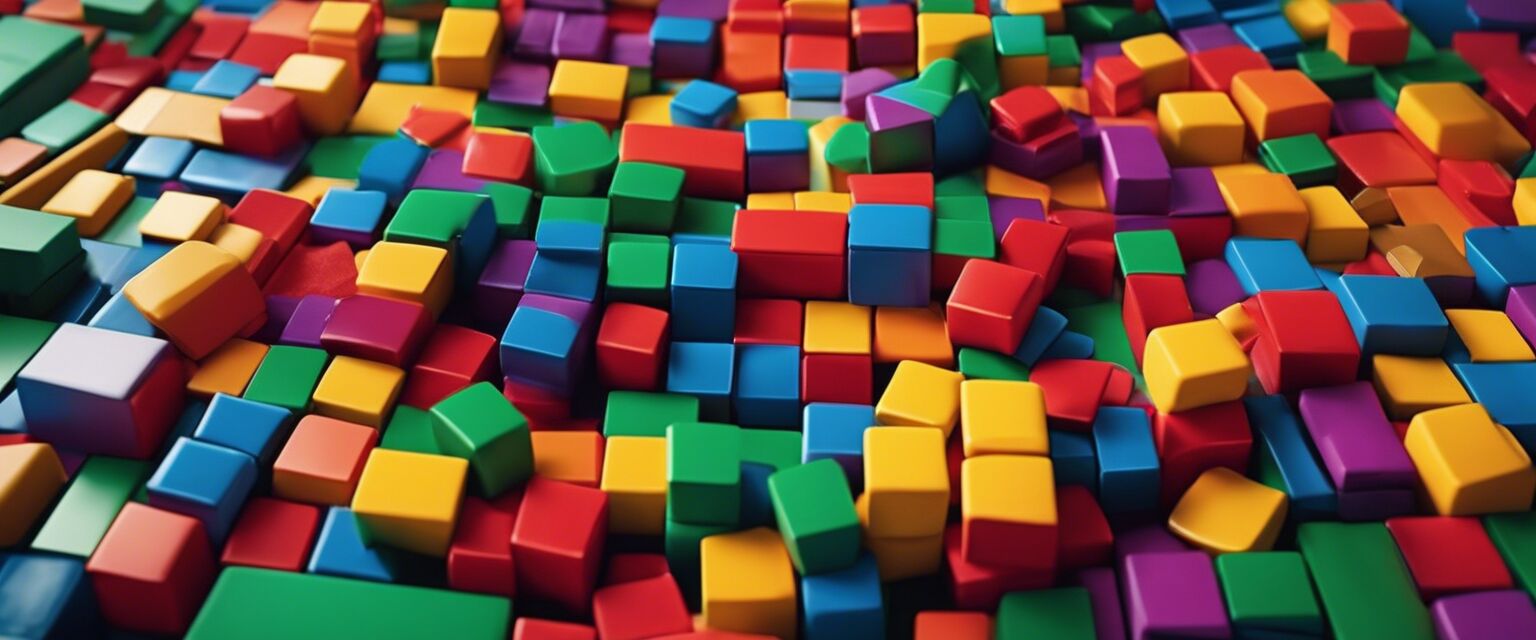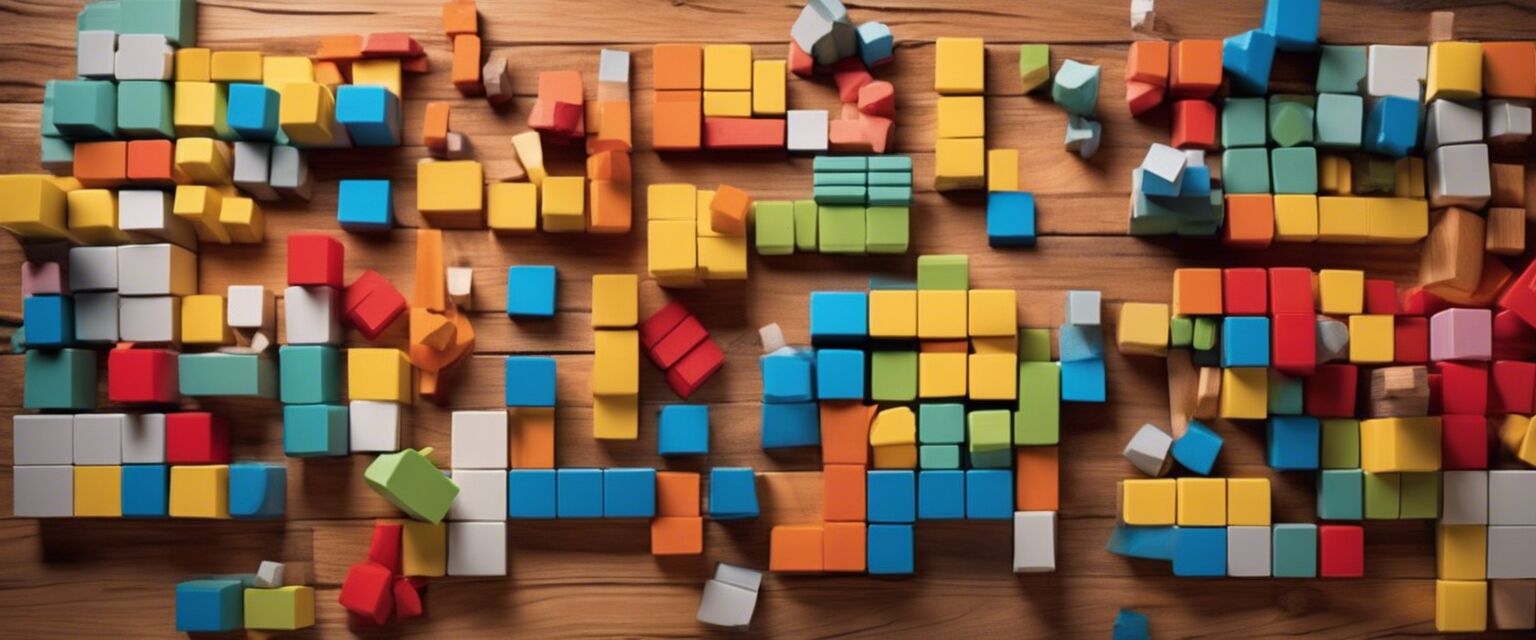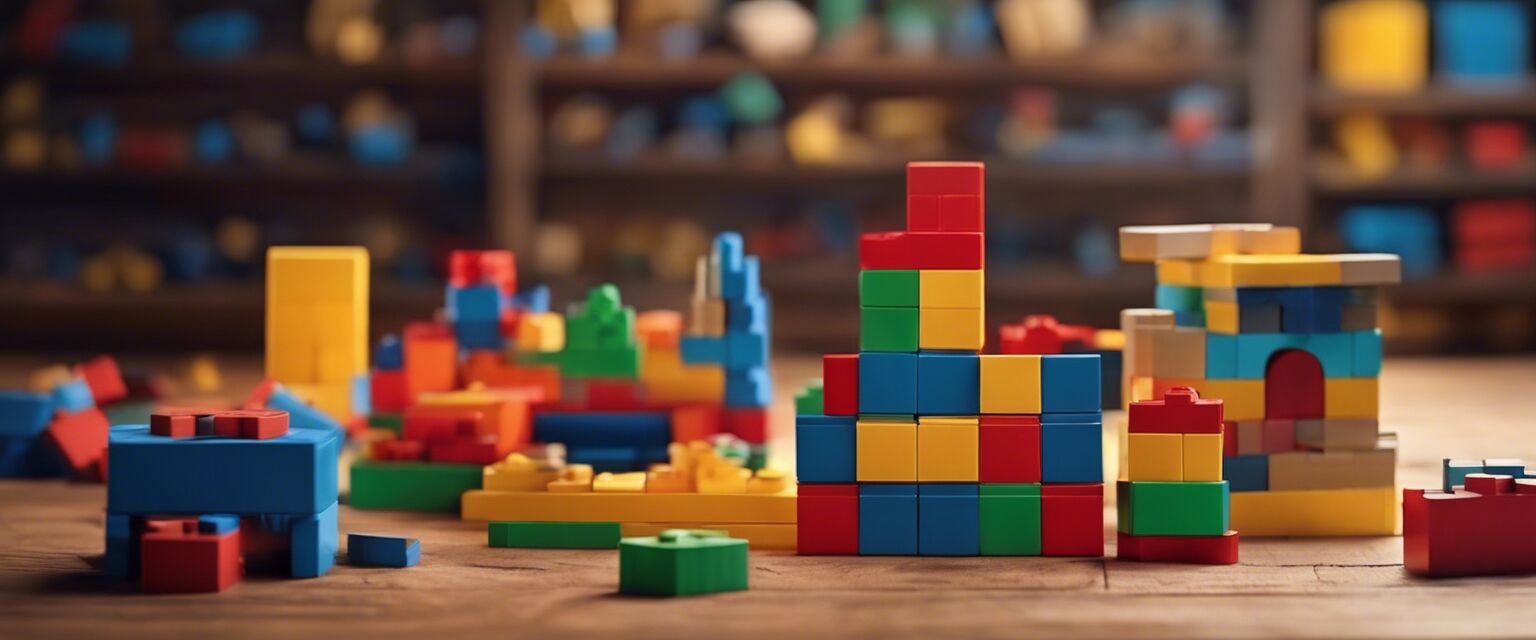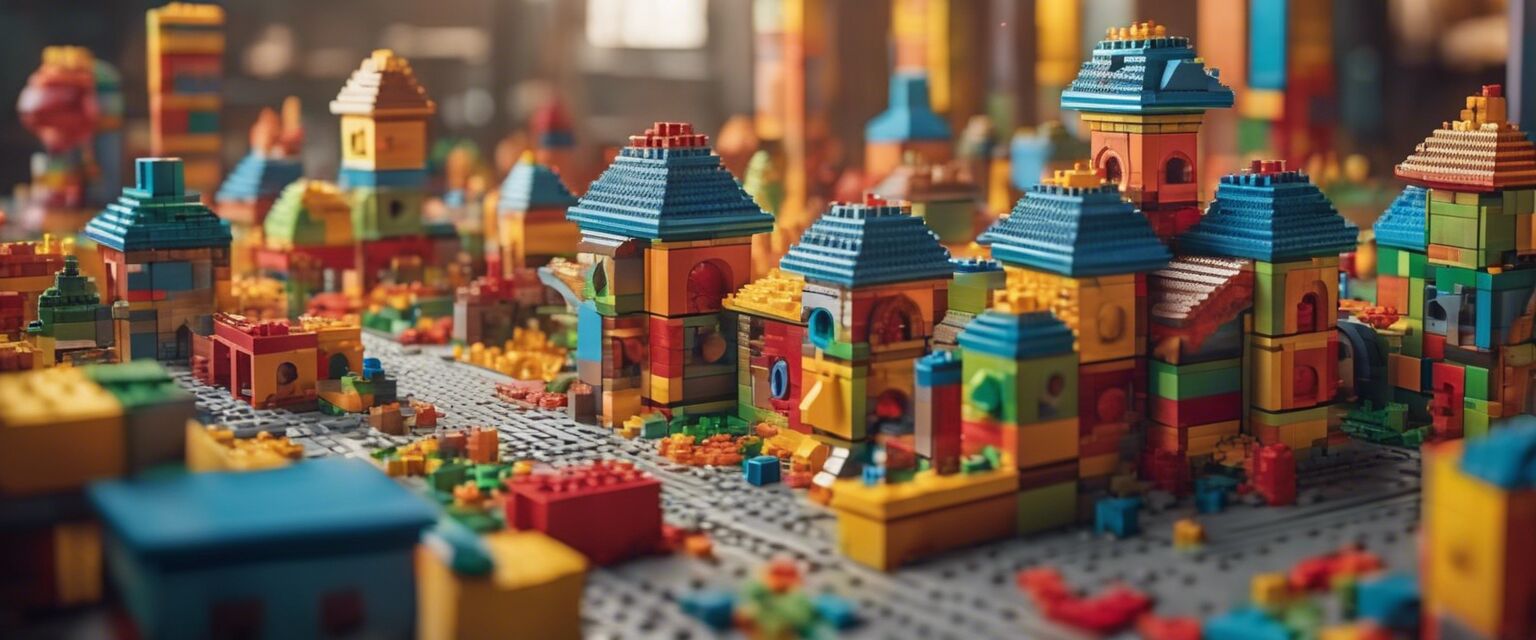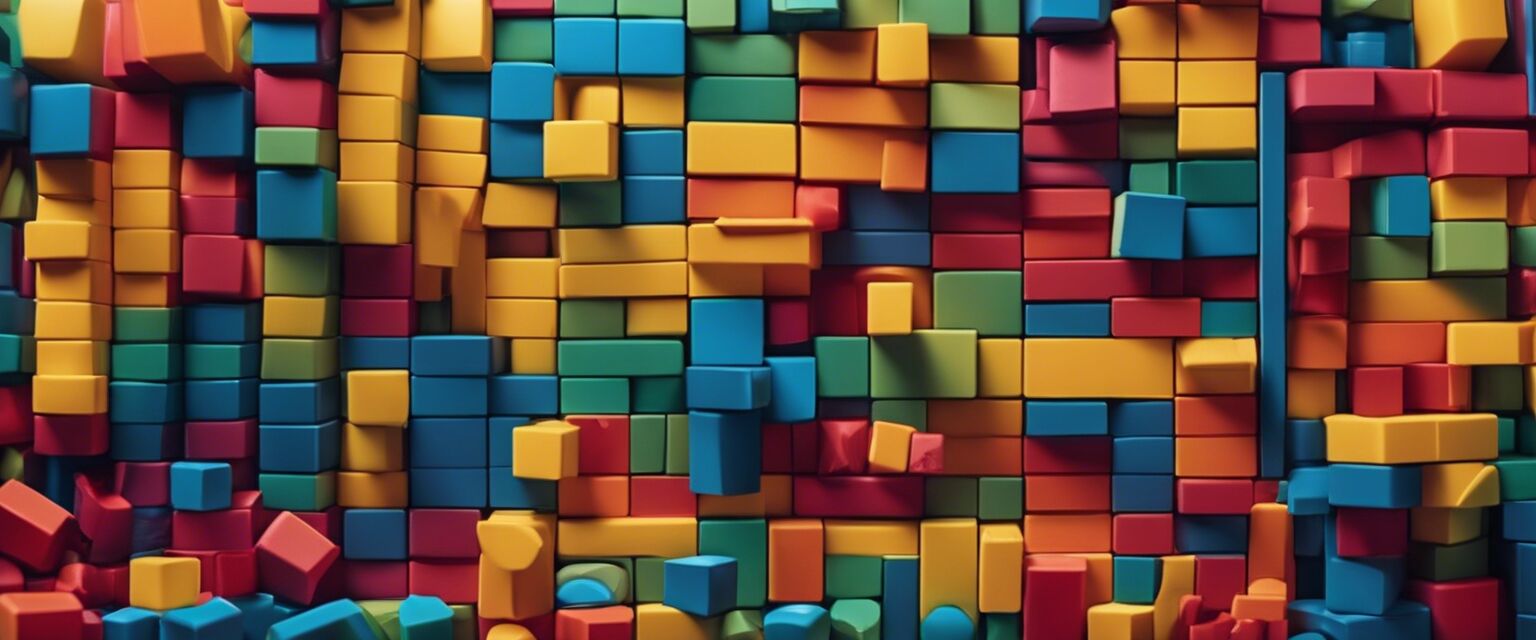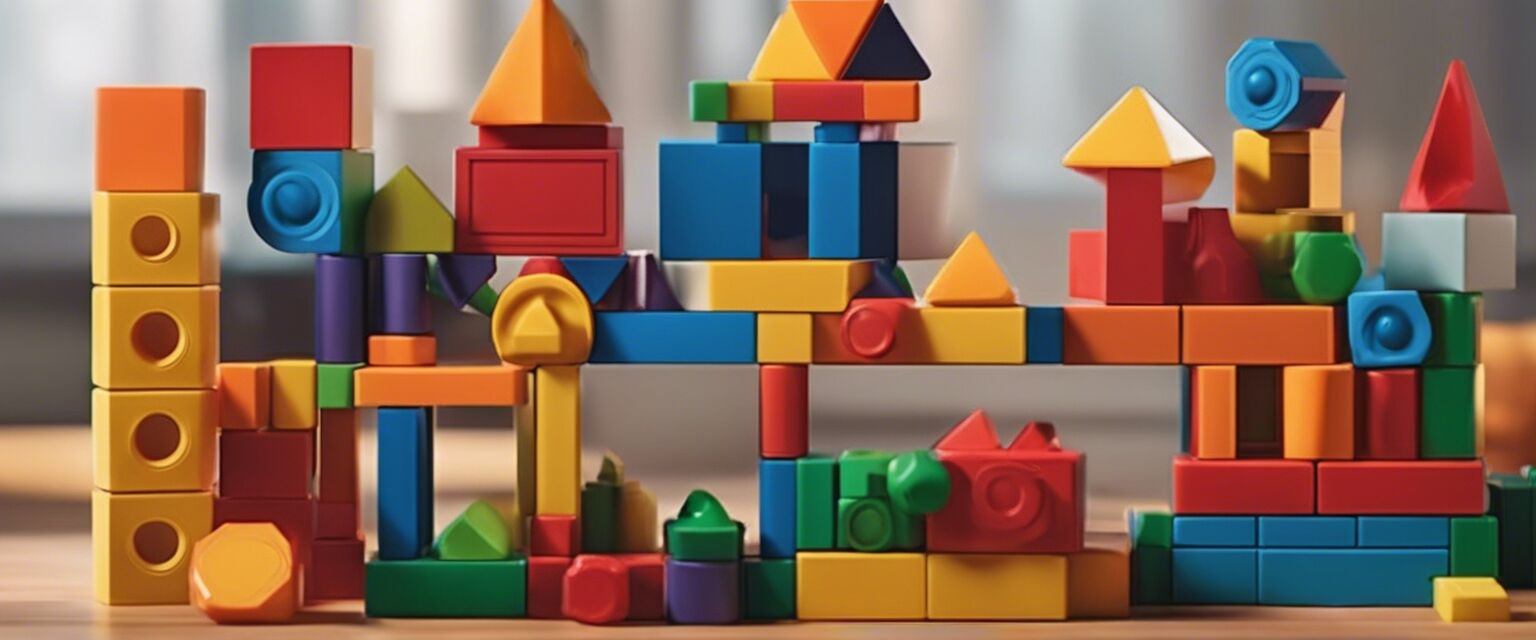
Educational Benefits of Building Blocks
Key Takeaways
- Building blocks contribute to cognitive development.
- They enhance social skills through collaborative play.
- Motor skills improve significantly with block manipulation.
- Encourages creativity and problem-solving.
- Various types of building blocks cater to different learning styles.
Building blocks are not just toys; they are powerful tools for children's development. This article explores the various educational benefits associated with building block play, focusing on cognitive, social, and motor skills development.
Cognitive development through building block play
Playing with building blocks engages children's minds and fosters various cognitive abilities. Here are some key areas where cognitive development is enhanced:
| Skill Area | Description |
|---|---|
| Spatial Awareness | Children learn to visualize and manipulate objects in space, leading to an understanding of dimensions. |
| Problem-Solving | As children build, they encounter challenges that require critical thinking to solve. |
| Mathematics Skills | Counting blocks and understanding symmetry helps lay the foundation for math literacy. |
| Scientific Thinking | Experimenting with balance and stability promotes a basic understanding of physics. |
Enhancing creativity and imagination
Building blocks serve as a medium for children's creativity:
- Children create unique structures, which promotes imaginative play.
- Different types of blocks (like architectural model kits) offer varied building experiences.
- Fantasy block worlds stimulate storytelling and role-playing scenarios.
Social skills development through collaborative play
Building blocks are often used in group settings, fostering important social skills.
| Social Skill | How Building Blocks Help |
|---|---|
| Teamwork | Children learn to work together to achieve common goals, enhancing their ability to collaborate. |
| Communication | Explaining their ideas and listening to others emphasizes communication skills. |
| Conflict Resolution | Disagreements may arise while playing, allowing children to practice resolving conflicts amicably. |
Block play in educational settings
Utilizing building blocks in schools and educational touchpoints can reap added benefits:
- Educational building kits are designed to align with learning standards.
- Teachers can incorporate blocks into lessons to enhance engagement and retention.
- Hands-on activities with blocks support diverse learning styles.
Motor skills improvement through building block play
Physical development is another crucial aspect of play with building blocks:
| Motor Skill Type | Benefit |
|---|---|
| Fine Motor Skills | Manipulating small blocks enhances dexterity and hand-eye coordination. |
| Gross Motor Skills | Constructing larger structures often involves movement and physical activity. |
Strategies for parents and educators
To maximize the benefits of building block play, consider the following tips:
Tips for parents and educators
- Introduce a mix of building block types, such as classic building sets and mechanical building sets.
- Encourage group play to foster social interactions.
- Join in the play and ask open-ended questions to stimulate thinking.
- Provide space for large-scale builds, promoting physical activity.
- Rotate block types to keep play fresh and exciting.
Conclusion
Building blocks are essential in children's education, playing a significant role in cognitive, social, and motor skills development. By leveraging their potential, parents and educators can significantly enhance learning outcomes while ensuring that play remains fun and engaging.
Pros
- Boosts creativity and imagination.
- Enhances problem-solving abilities.
- Fosters collaboration and social skills.
- Improves fine and gross motor skills.
- Provides a foundation for mathematical and scientific concepts.
Cons
- Small pieces may present a choking hazard for younger children.
- Can lead to frustration if children struggle to build.
- Not all building blocks are durable, affecting play longevity.
